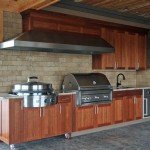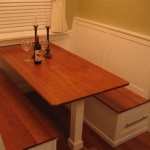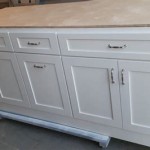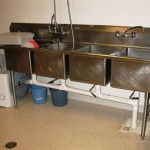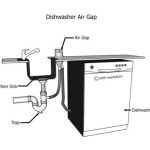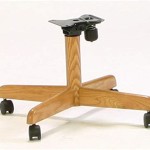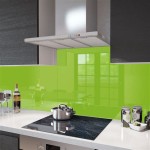Forged kitchen knives are an essential tool in any kitchen, allowing cooks to prepare their meals with precision and ease. But with so many different types of knives available, it can be difficult to know which one is best for your needs. In this article, we’ll explore the different types of forged kitchen knives, the advantages and disadvantages of each, and the best way to care for your knives so that they last a lifetime.
Types of Forged Kitchen Knives
Forged kitchen knives come in a variety of designs and materials. Here are some of the most popular types of forged kitchen knives:
- Chef’s knives: These are the most versatile knives and are great for slicing, chopping, and dicing. They can range in size from 8 to 12 inches.
- Paring knives: These are smaller than chef’s knives and are used for more delicate tasks such as peeling and coring.
- Boning knives: These are used for separating meat from the bone, as well as for trimming fat. They come in a variety of sizes.
- Utility knives: These are slightly larger than paring knives and are great for slicing fruits and vegetables, as well as for small carving tasks.
- Bread knives: These are serrated knives that are used for slicing bread and other soft items.
- Cleavers: These are large, heavy knives that are used for cutting through thick pieces of meat.
Advantages of Forged Kitchen Knives
Forged kitchen knives offer a variety of advantages over other types of knives. They are typically stronger and more durable than stamped knives, which makes them less likely to break or chip. The blades of forged knives are also usually wider, which gives them more surface area and makes them better for chopping and slicing. Additionally, the blades of forged knives are usually made from higher-quality materials, such as stainless steel, which gives them a longer lifespan.
Disadvantages of Forged Kitchen Knives
The main disadvantage of forged kitchen knives is that they are more expensive than other types of knives. Additionally, they can be difficult to sharpen, so it’s important to find a good sharpener that can do the job properly. Finally, because they are heavier, they can be tiring to use for long periods of time.
Caring for Your Forged Kitchen Knives
Proper care and maintenance are essential for keeping your forged kitchen knives in good condition. Here are some tips for taking care of your knives:
- Always wash your knives by hand with warm, soapy water, and dry them immediately after washing.
- Store your knives in a safe place, such as a knife block or a drawer, to protect them from damage.
- Sharpen your knives regularly with a sharpening steel or stone to maintain their sharpness.
- Avoid cutting hard objects with your knives, as this can cause the blade to chip or break.
- Do not put your knives in the dishwasher, as the heat and detergents can damage the blade.
Conclusion
Forged kitchen knives are strong, durable, and long-lasting, making them a great choice for any kitchen. However, they are more expensive than other types of knives and can be difficult to sharpen. With proper care and maintenance, your forged kitchen knives can last a lifetime.














Related Posts

